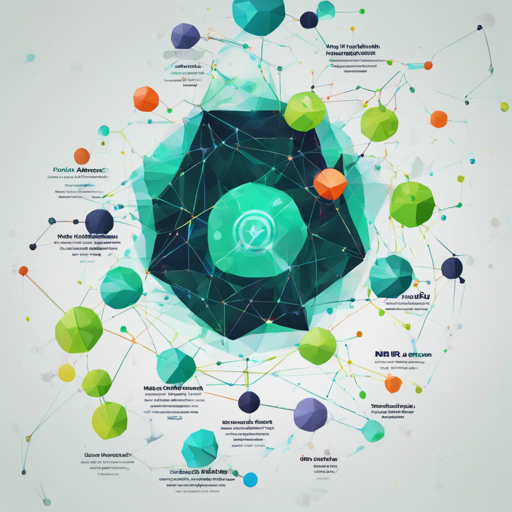Nibiru Chain is revolutionizing the world of blockchain technology with its advanced Layer 1 blockchain and smart contract ecosystem. It offers enhanced throughput, increased security, and a dynamic EVM execution layer that is designed for both developers and users.
Understanding Nibiru Chain Components
Nibiru Chain is like a well-oiled machine; each component plays a vital role to ensure smooth functionality. Here’s a breakdown of its core modules:
- Wasm: This module implements the execution environment for WebAssembly (WASM) smart contracts, providing enhanced security and interoperability.
- EVM: Manages and executes Ethereum smart contracts, leveraging a state database for efficient processing.
- Devgas: Shares contract execution fees with developers, creating an incentive for the adoption of Nibiru.
- Epochs: Automates code execution at defined intervals, maximizing operational efficiency.
- Inflation: Manages the tokenomics that fuel Nibiru Chain.
- Oracle: Accurately prices assets and allows communication with other chains via the Inter-Blockchain Communication (IBC) protocol.
- Common: Provides a set of helper functions for other modules.
Getting Started with Nibiru Chain
If you’re eager to dive into the Nibiru ecosystem, follow these steps:
1. Installation of the nibid Binary
The installation instructions can be found in the INSTALL.md file. Ensure your system meets the recommended specifications:
- 2 CPU cores
- 4GB RAM
- 100GB SSD
- Unix system: MacOS or Ubuntu 18+
2. Accessing the nibid CLI
To access the nibid CLI, simply run:
make installFor more comprehensive usage instructions, please refer to the documentation at docs.nibiru.fi/dev/cli.
3. Running a Local Node
Clone the repository and run:
make localnetOpen another terminal to monitor the process.
4. Generating Protos
To generate protobuf definitions, execute:
make proto-genTroubleshooting Common Issues
While using Nibiru Chain, you might encounter issues. Here are some troubleshooting steps you can take:
- Installation Issues: If you encounter errors during installation, double-check that your system meets the specified requirements and that you have followed all steps correctly.
- Local Node Problems: If the local node fails to start, ensure that there are no conflicting processes running on the same ports.
- Protocol Errors: Check for any issues in your proto generation if unexpected errors arise during smart contract deployment.
For more insights, updates, or to collaborate on AI development projects, stay connected with fxis.ai.
Conclusion
At fxis.ai, we believe that such advancements are crucial for the future of AI, as they enable more comprehensive and effective solutions. Our team is continually exploring new methodologies to push the envelope in artificial intelligence, ensuring that our clients benefit from the latest technological innovations.

